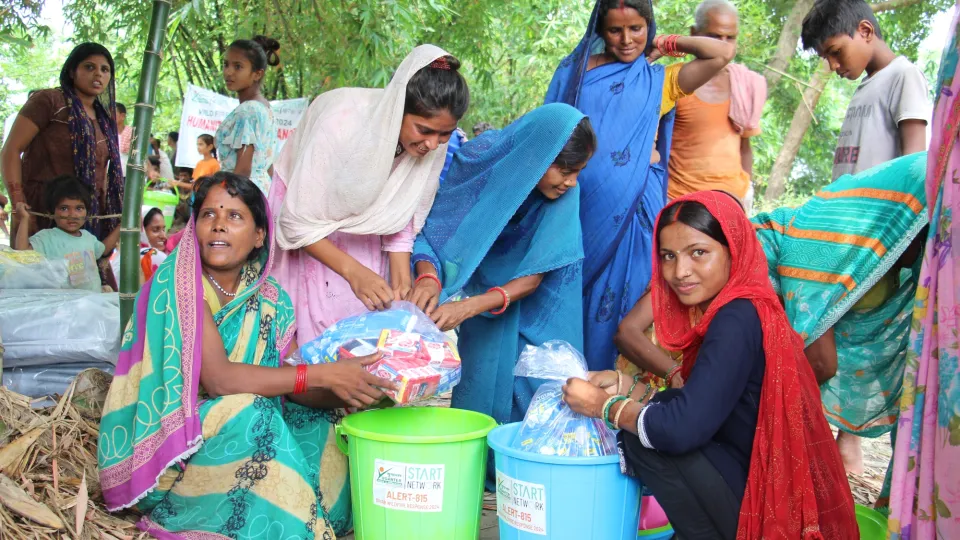
Who is still talking about gender?
How we can better incorporate gender principles in short-term humanitarian programming.

How we can better incorporate gender principles in short-term humanitarian programming.
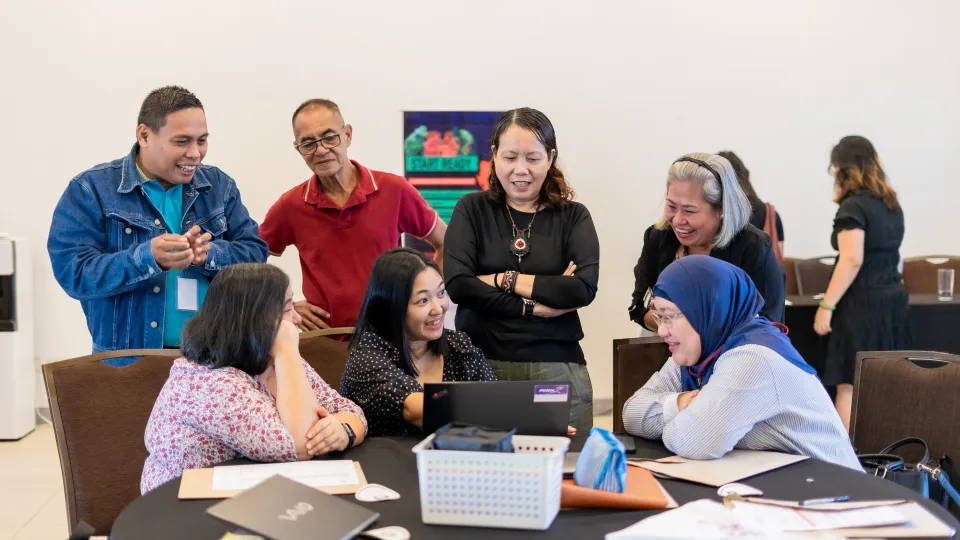
Reflections from the Incubation Workshop by Acting Hub Coordinator Anna Maria Socorro M. Abalahin
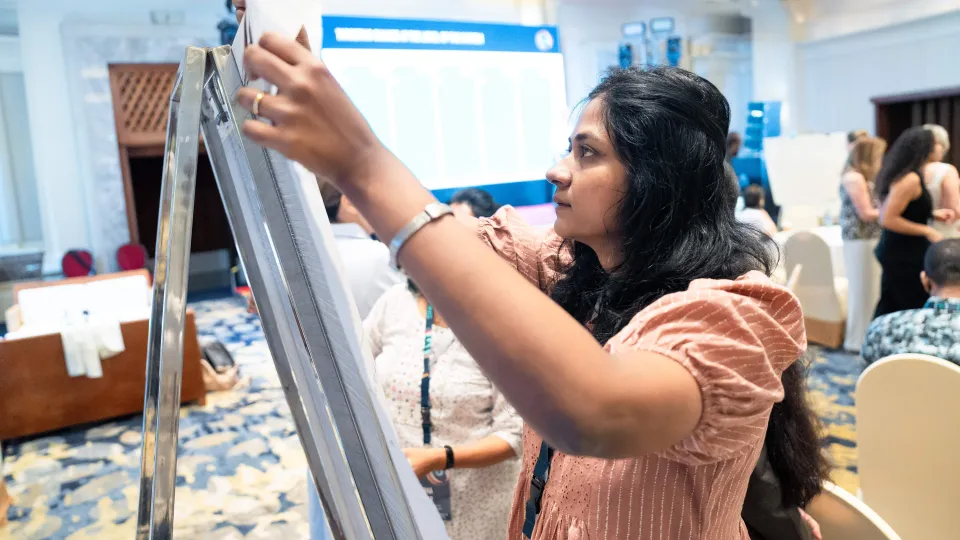
Contributed by Revathi Ramkumar, Deputy Hub Manager at India Humanitarian Hub
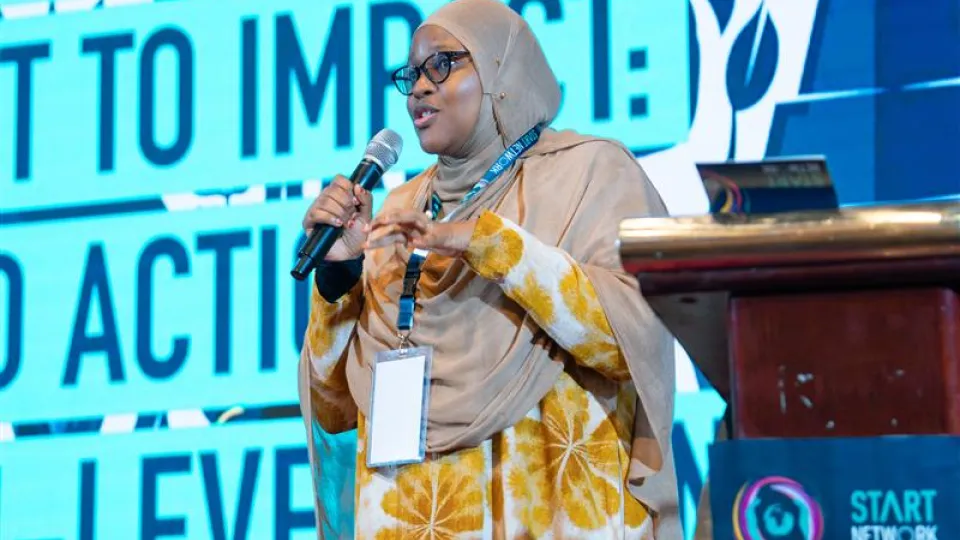
Contributed by Shahida Suleiman, Hub Coordinator of the Somalia Humanitarian Hub
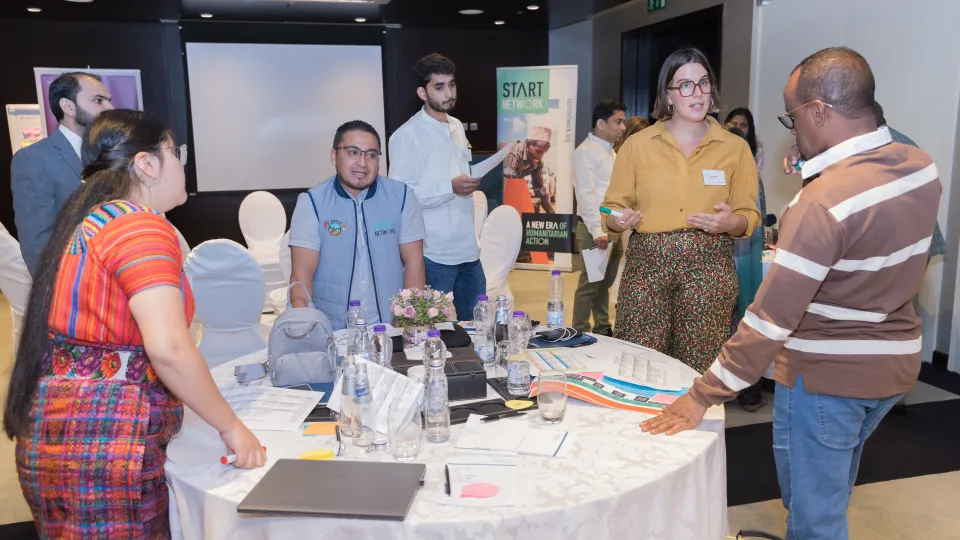
A reflection from Joyce Nyaboga and Beth Gathoni as we conclude this inspiring year with the Hub Fellowship Programme.
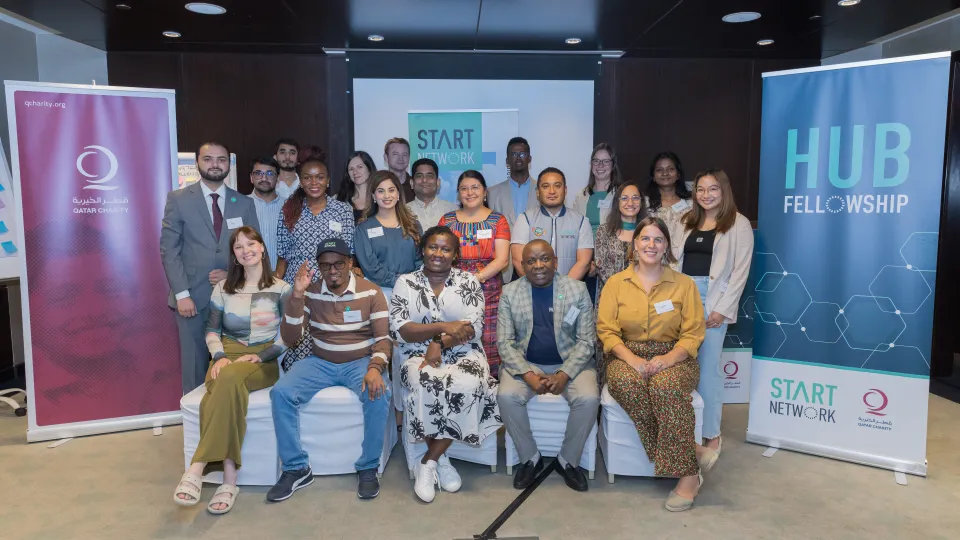
A reflection by Albashir Adan Ibrahim of Organization for Sustainable Development Africa (OSDA) on the recent Hub Fellowship 2024
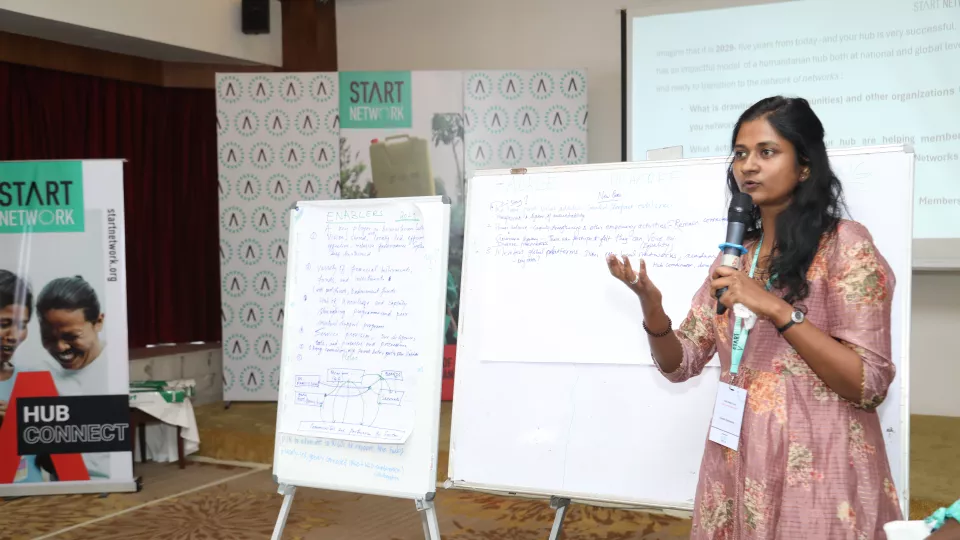
A reflection by Sudhanshu S. Singh of Humanitarian Aid International and Revathi Ramkumar of the India Humanitarian Hub on the recent Hub Connect 2024 in Kathmandu, Nepal
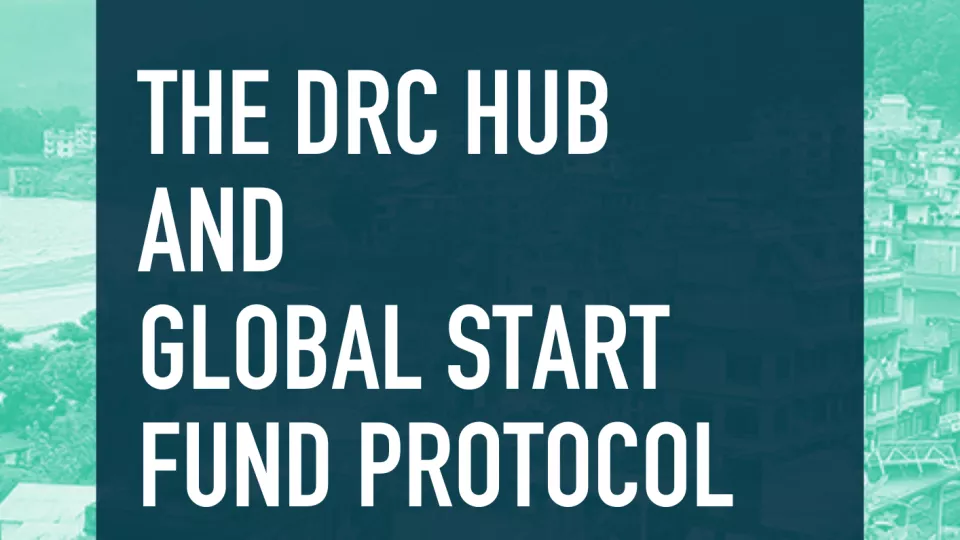
A protocol was developed following the discussion in the DRC Hub and members workshops in June 2022, and written in collaboration with DRC Hub leaders and member representatives.
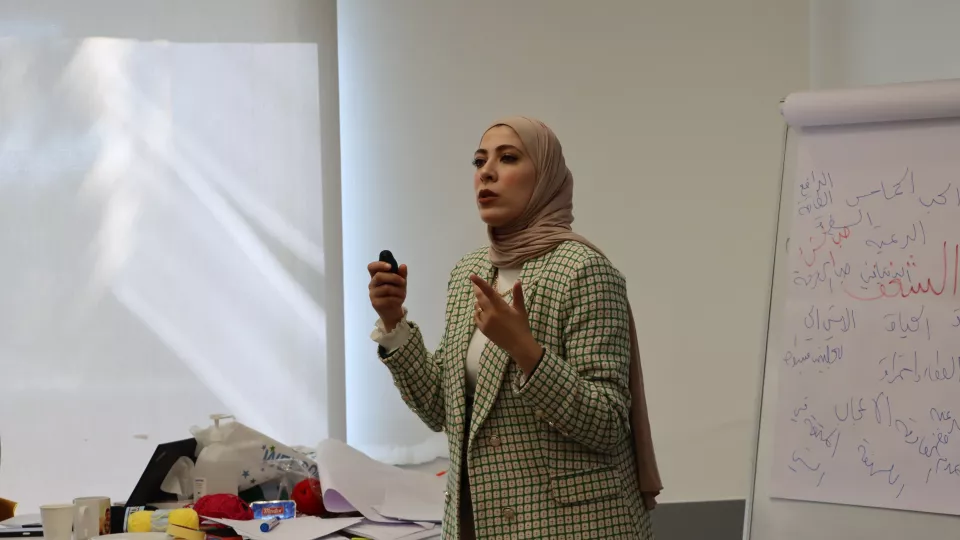
This grant sought to enable the creation of new methodologies to measure the success and impact of humanitarian interventions. The Community-Led Approaches to Monitoring, Evaluation, Accountability, and Learning (MEAL) Research Grant was created in March 2022, with support from the Conrad N. Hilton Foundation and the IKEA Foundation. This grant formed part of the Start Network’s push for a locally led humanitarian system and to meet the participation revolution commitment in the Grand Bargain, which seeks to promote the link between effective participation and the quality and effectiveness of humanitarian response.
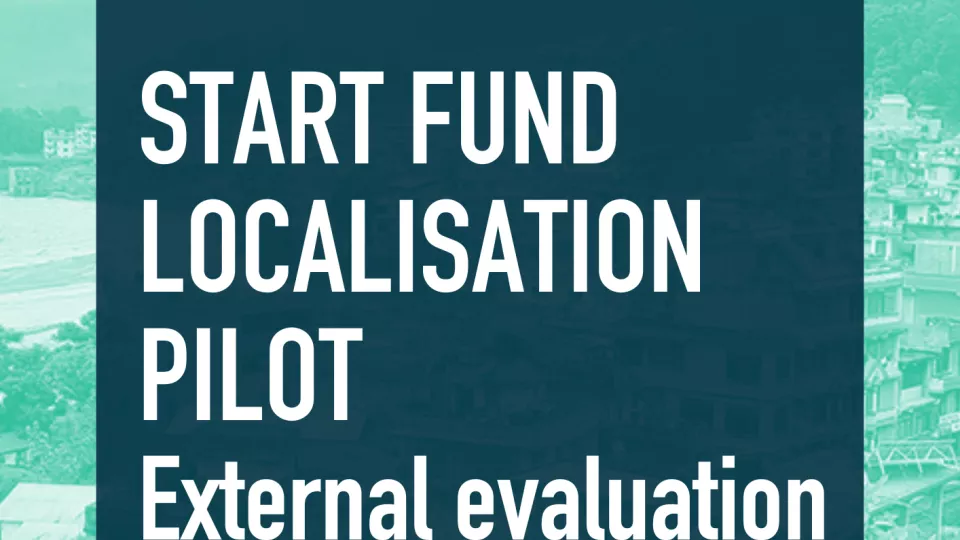
This is an independent, external evaluation of the Start Fund’s ‘localisation pilot’ conducted in late 2022. The purpose of the evaluation is to assess the extent to which the global Start Fund is ready in terms of current and planned processes, practices and capacity, to develop into a more locally-led humanitarian model while maintaining its mandate to respond rapidly to the gaps and unmet needs of people in, or at-risk of crisis.